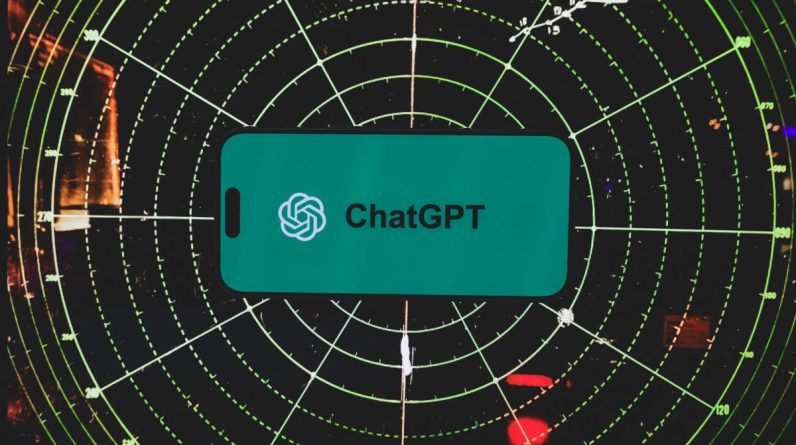Join top executives in San Francisco on July 11-12, to hear how leaders are integrating and optimizing AI investments for success. Learn More
With all the AI news flying in and out (I/O — get it?) at the Google I/O conference today, it’s easy to be overwhelmed with just how deeply generative AI is being embedded across the Google portfolio.
To recap, Google today announced its PaLM 2 large language model (LLM), which will have a dramatic, transformational impact across Google’s services. One area that is set to get a major boost is the cloud. Google is deeply integrating generative AI into its cloud via a new interface that aims to help make cloud developers and users more productive. The interface, powered by a Google technology called Duet AI, uses the PaLM 2 model as a foundation.
The new AI-powered interface has an initial set of features that includes code assistance capabilities to help developers write code for applications running in Google Cloud. There is also a new generative AI chat assistance function to help cloud developers find solutions that help build and deploy cloud applications. Rounding out the initial set of AI-powered features is the AppSheet, a no-code solution that will enable any user to write cloud applications with natural language prompts.
“Duet AI for Google Cloud is really about adding an AI assistant to the cloud interface,” Richard Seroter, director of developer relations and outbound product management at Google Cloud, told VentureBeat. “Duet is a PaLM 2-based model, but then we’ve extended and fine-tuned it with Google Cloud content specifically.”
Event
Transform 2023
Join us in San Francisco on July 11-12, where top executives will share how they have integrated and optimized AI investments for success and avoided common pitfalls.
Register Now
How Duet AI could completely change how cloud is managed and developed
For new and experienced users of the cloud alike, there can often be a lot of complexity, which can lead to confusion about how to execute certain types of operations.
Seroter joked that when an individual buys a new car, they usually just get in and drive, without the need to first read the car manual. Cloud doesn’t work the same way in that users typically need to read some documentation — and there is a lot of documentation to go through.
The goal with Duet AI is to bring a conversational experience to the process of learning how to best deploy code and manage applications in the cloud. So instead of a user scrolling through StackOverflow answers, Google search results or YouTube videos, the user can simply ask a question and get an answer right in the cloud console.
“If I can pull good practices, including getting started and improving expert practices, into an in-console chat, that can steer me to some of the right places, I think it’s gonna be really powerful for people who feel intimidated by this giant powerful, awesome cloud experience,” Seroter said.
Duet AI was trained on Google Cloud data to optimize deployment
The modern cloud consists of many different options for developers to consider for app deployment, including different types of containers as well as virtual machines.
Seroter said that the complexity of cloud deployment is why Google had to fine-tune Duet AI specifically with information about Google Cloud.
“So we found all of our docs, which is well over a million pages of docs, not to mention every code sample we’ve written, every reference application, every blog post and every YouTube video transcript,” Seroter said.
Rather than just relying on generic information that PaLM 2 might have, Duet AI has the right specific contextual information to provide accurate responses about Google Cloud.
The future of Duet AI in the cloud is ‘day two’ operations and SRE
The initial rollout of Duet AI for Google Cloud has a focus on developers, which will expand in the coming months to what are called “day two” operations, or ongoing cloud management (in software development parlance, development and deployment of code is typically referred to as a “day one” operation, which ongoing maintenance is “day two”).
Seroter said that future iteration of Duet AI for Google cloud will help organizations with site reliability engineering (SRE) and best practices at the architecture level that keep cloud applications running on day two and beyond. Going a step further, Seroter sees a future where Duet AI can also help with cloud cost optimization, to help organizations be more efficient with how they deploy and manage cloud infrastructure and applications.
“AI is the new interface for the cloud,” Seroter said. “It’s not just sitting outside the cloud, this is infused into the cloud experience.”
VentureBeat’s mission is to be a digital town square for technical decision-makers to gain knowledge about transformative enterprise technology and transact. Discover our Briefings.



